自由廣場》要制定反歧視法嗎?
2024/05/01 05:30
◎ 尤英夫
貴報四月廿八日刊登「孩子!資源班裡沒有問題兒童」,文中提到「許多國家透過反歧視法的規定,…我國雖無此類律法…」,文意不夠精準,必須澄清。因我國固然沒有反歧視歧視言語或行為的「專法」,卻有一些反歧視言語或行為的規定,分散於不同法律。
二○一六年發生洪姓女士辱罵老榮民事件,國民黨主席指示立法院黨團制定「反族群歧視法」。本人在貴報撰文「需要制定反族群歧視法?」,認為不須另外制定反族群歧視法就有法律可管。因入出境及移民法第六十二條規定「(第一項)任何人不得以國籍、種族、膚色、階級、出生地等因素,對居住於台灣地區之人民為歧視之行為。(第二項)因前項歧視致權利受不法侵害者,除其他法律另有規定者外,得依其受侵害情況,向主管機關(內政部)申訴」,第八十一條規定「主管機關受理第六十二條之申訴,認定具有違反該條規定情事時,除其他法律另有規定者外,應立即通知違規行為人限期改善;屆期未改善者,處新臺幣五千元以上三萬元以下罰鍰。」本人也曾任「居住台灣地區之人民受歧視申訴審議小組」成員,處理申訴案件。
另外,就業服務法第五條第一項規定:「為保障國民就業機會平等,雇主對求職人或所僱用員工,不得以種族、階級、語言、思想、宗教、黨派、籍貫、出生地、性別、性傾向、年齡、婚姻、容貌、五官、身心障礙、星座、血型或以往工會會員身分為由,予以歧視;其他法律有明文規定者,從其規定。」違反者,要受同法第六十五條規定處罰。另有身心障礙者權益保障法第十六條等規定防止歧視。
由此可知,我國有一些反歧視的法律,但都是針對特定對象,侷限一定範疇。在如此分散之下,可考慮針對各種樣態的歧視言行,將相關規定整合以訂定反歧視專法,使民眾容易理解運用。
Home Editorial & Opinion Sun, May 05, 2024 page8 Taipei Times
Clarifying anti-discrimination laws
By Yu Ying-fu
On April 28, the Liberty Times (the Taipei Times’ sister newspaper) ran an opinion piece titled “There’s no problem child in special education classes.” As mentioned, “Many countries have anti-discrimination laws … our country does not have this kind of law.”
The meaning of this statement is not precise enough, and it needs to be clarified.
While there is no exclusive law against discriminatory language or behavior in Taiwan, there are a number of legal provisions against such language or behavior scattered throughout the nation’s laws.
After a case in 2016 in which a woman surnamed Hung (洪) verbally abused two military veterans, then-Chinese Nationalist Party (KMT) chairwoman Hung Hsiu-chu (洪秀柱) instructed the KMT legislative caucus to propose an “anti-racial discrimination law” to the Legislative Yuan.
At that time, I also published an editorial in the newspaper titled “Do we need an anti-racial discrimination law?” arguing that there was no need to enact separate legislation.
Article 62, Paragraph 1 of the Immigration Act (入出境及移民法) states, “Any person shall not discriminate against people residing in the Taiwan Area on the basis of nationality, race, color, class and place of birth.” Paragraph 2 states: “Any person whose rights are trespassed due to the discrimination mentioned in the preceding Paragraph can file a complaint to the competent authorities on the basis of the situations of the trespass, unless the matter is regulated by other laws otherwise.” Article 81 of the act states, “When the competent authority receives a complaint set forth in Article 62 and believes that the matters violate such a provision, it shall notify the person who violates the law to improve within the specified period in the order. If after the lapse of such period, the person still does not improve, he/she shall be fined not less than NT$5,000 and not more than NT$30,000.”
I was once a member of the “complaints review committee against discrimination of people residing in the Taiwan area” under the Ministry of the Interior, responsible for handling public complaints.
Article 5 of the Employment Service Act (就業服務法) also states: “For the purpose of ensuring a national’s equal opportunity in employment, an employer is prohibited from discriminating against any job applicant or employee on the basis of race, class, language, thought, religion, political party, place of origin, place of birth, gender, gender orientation, age, marital status, appearance, facial features, disability, horoscope, blood type, or past membership in any labor union; matters stated clearly in other laws shall be followed in priority.” Violators are subject to the penalties stipulated in Article 65 of the act. Article 16 of the People with Disabilities Rights Protection Act (身心障礙者權益保障法), as well as several other laws, also mention the prevention of discrimination.
There are some existing anti-discrimination laws in Taiwan, but they are targeted at specific groups and limited to specific areas. With such fragmentation, Taiwan might consider consolidating the provisions to formulate an exclusive anti-discrimination law for several types of discriminatory words and behaviors, so it can be easily understood and applied by all.
Yu Ying-fu is a lawyer
. Translated by Eddy Chang
__光線:右上角打亮,主角臉朝光__氣氛:理性中帶希望-1-400x200.jpg)


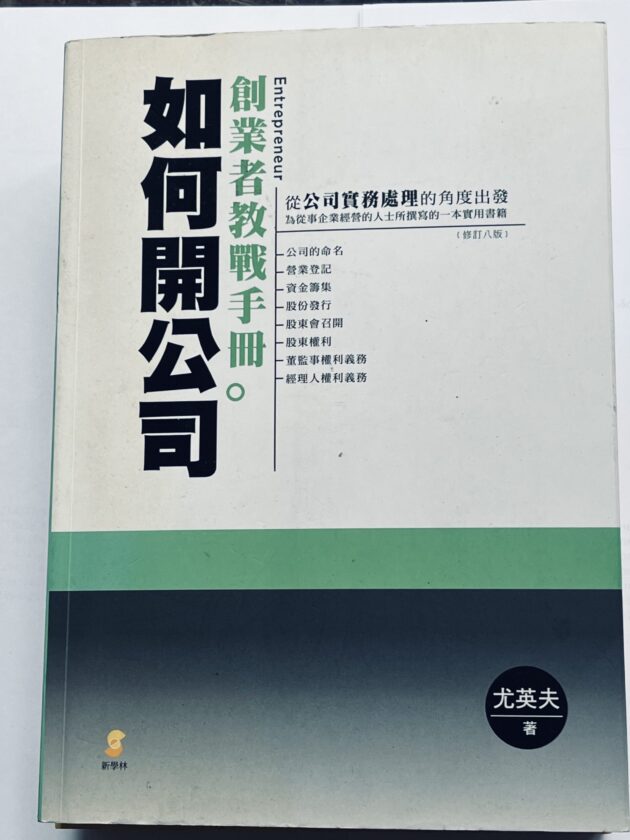
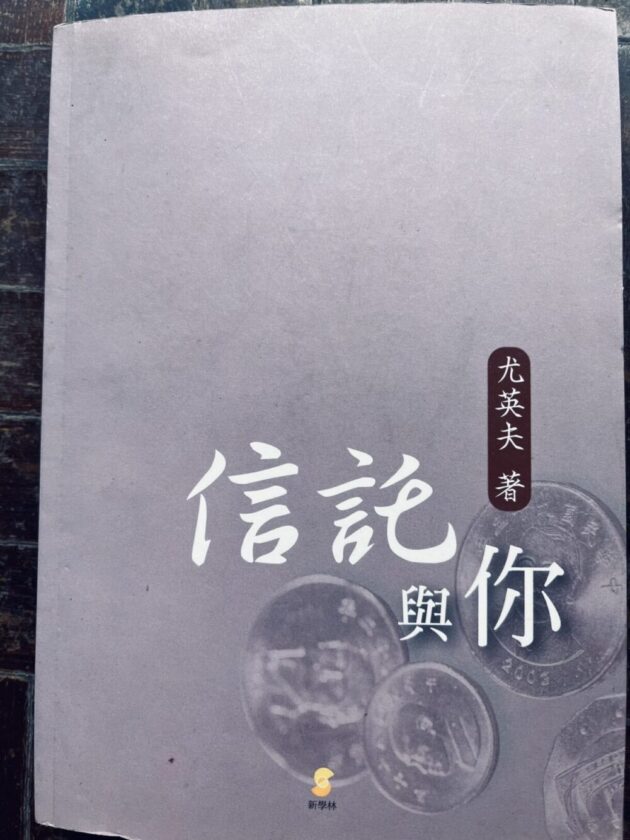
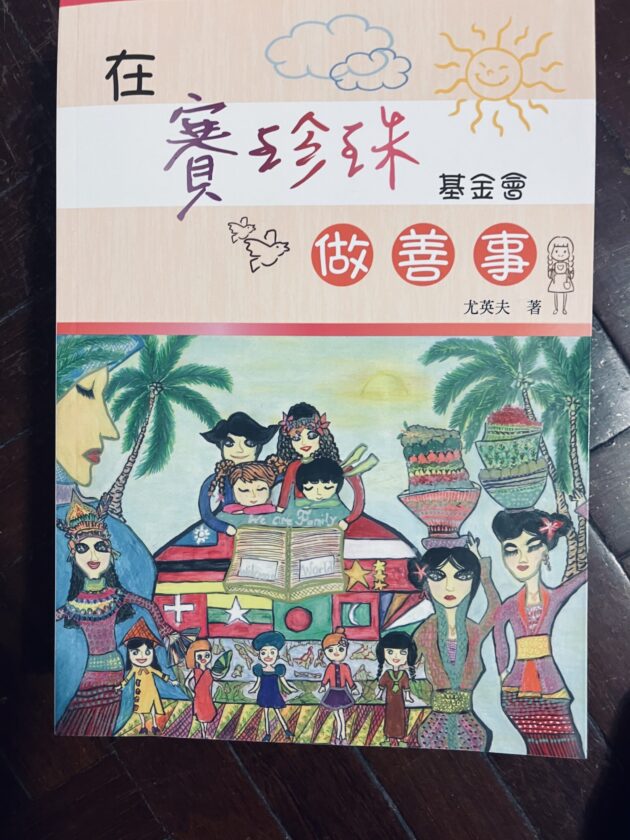
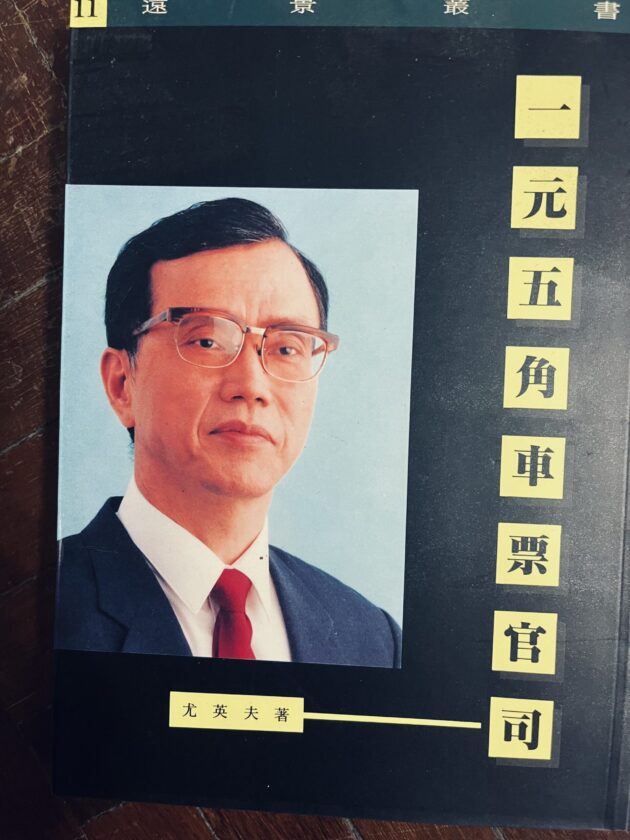
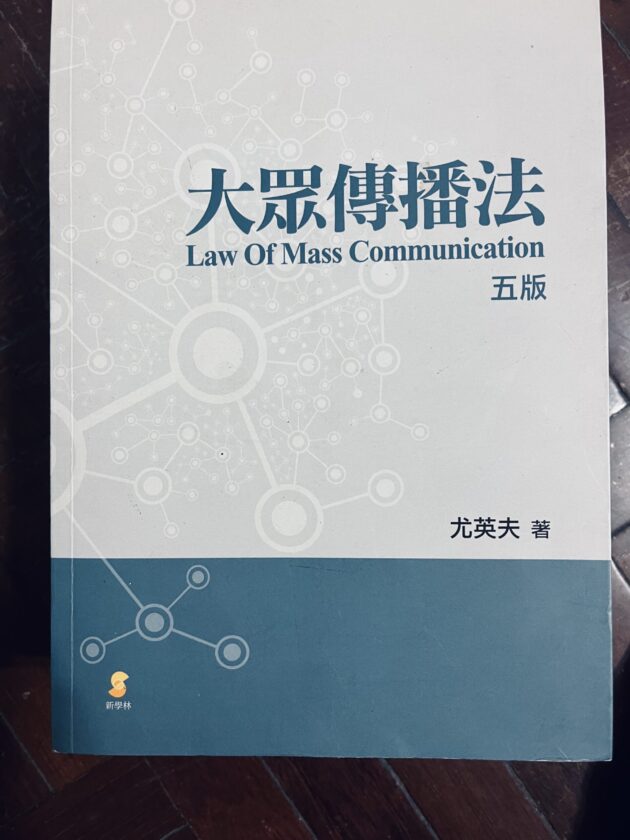
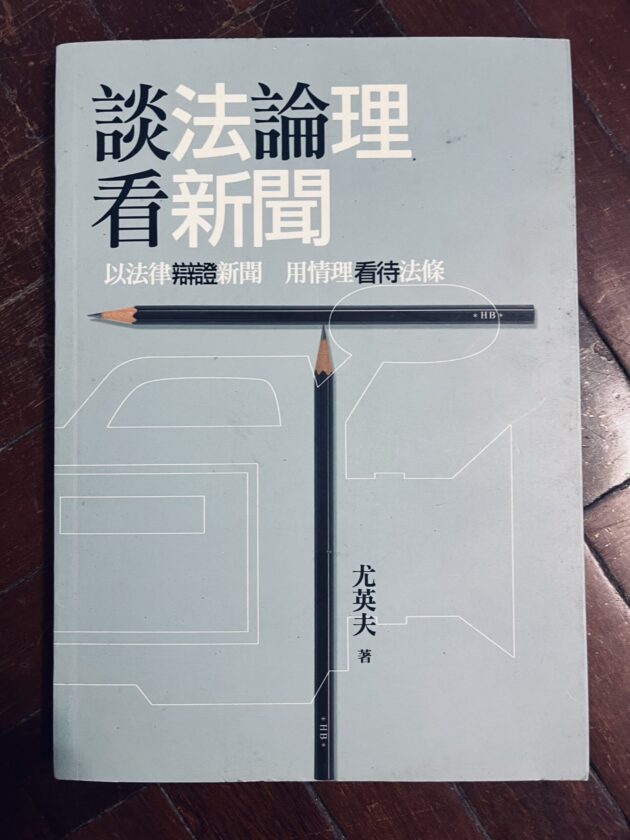
發佈留言